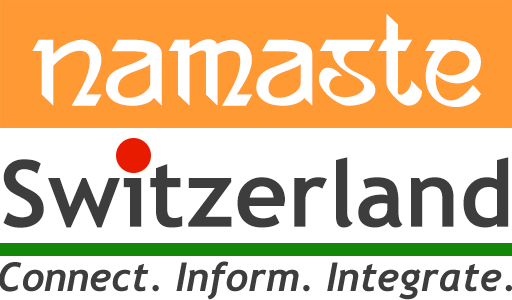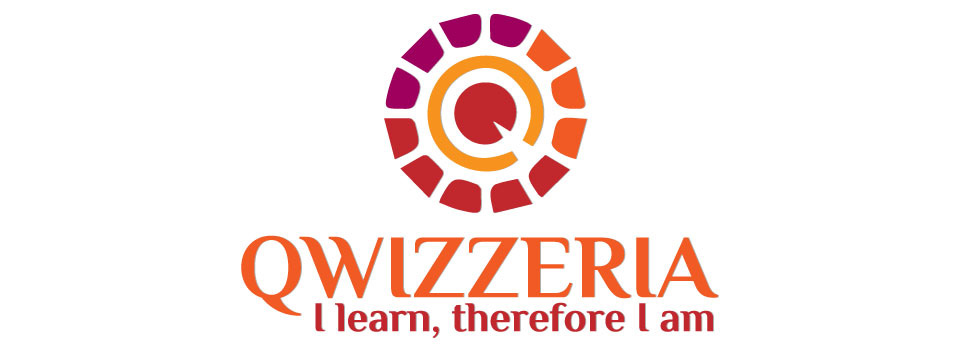It was a calm and peaceful atmosphere. About 25 women, from 11 different countries, mostly unknown to each other, experienced a sense of togetherness and unspoken solidarity towards each other. Manasa Mukka writes about Bewegte Femmes-Tische, a unique concept that combines Femmes-Tische and Biodanza.
Femmes-Tische is a licensed national prevention and health promotion program that offers Swiss women and women who have migrated (temporarily moved) or immigrated (are permanent residents from abroad) into Switzerland, the opportunity to exchange ideas through guided discussion on topics such as nutrition, health, family planning, upbringing and the school system. It has been successfully implemented in numerous regions of Switzerland and other countries since 1996. The sessions are led by moderators and take place in a common foreign language or interculturally in German or English. Femmes-Tische in Aargau is mainly financed by Caritas Aargau and the Department of Health and Social Affairs Kanton Aargau. Read more about Femmes-Tische in Zug here.

Meetu Mittal is one of the moderators in Kanton Aargau and holds regular meetups in Hindi, English and German. She has been working with Femmes-Tische for the last 4 years and understands the challenges of coming from another country to stay in Switzerland – for the short- or long-term. Femmes-Tische provides all the tools and inputs to bring the ladies into a discussion, share and exchange their views in their mother-tongue to know the Swiss system faster and better.
“It always gives me immense pleasure when I hear from a participant, how much these Femmes-Tische discussions have helped them. It gives me a kind of satisfaction to serve the society and to help more and more women to integrate.”, she says.
The concept of Bewegte Femmes-Tische
Bewegte Femmes-Tische is a pilot project, where the group of women experience the benefits of combining discussions (Femmes-Tische) with movement to music. For this purpose, the method of Biodanza is used. This new approach has been added to the peer education approach of Femmes-Tische in order to include the body and mind of the participants. This form is used to deepen and integrate the topic at the body level using a sequence of movements tailored to the topic of conversation.
The Bewegte Femmes-Tische in Caritas Aargau is led by Nicole Winkler. She has a master’s in ethnology and sociology and has worked with migrants and immigrants for several years to help integrate them into Switzerland by teaching German to migrant women with learning difficulties. She has been teaching Biodanza since 2017.
Nicole Winkler believes that integration is difficult to be taught without the body and mind alignment. “How can one feel good and welcome in a country if one does not feel well in one’s body? When one feels good about themselves, they are more open to new things in life, meet new people and can ‘dance’ in a new context.”
For many of us, transferring acquired knowledge and experiences into our everyday life is difficult. It is even more challenging to break our old behavior patterns. Biodanza, with its holistic approach, uses the body as a resource to help with the conscious and tangible implementation of our desired new action patterns. The joy of life and vitality is stimulated, increasing the motivation to implement the goals you have set for yourself.
Biodanza helps women open up, understand and accept themselves as they are. In each session, the participants are provided with a stress-free environment. In addition, Biodanza is independent of language. Moving together and communicating with eye contact and without the use of words has a strengthening effect on psychological, physical and social well-being. This in turn gives one courage to make new contacts.

Bewegte Femmes-Tische – the event
With the help of a wonderful team of moderators, Meetu Mittal and Graziela Velardo Birrer supported by Shalini Sood and Magdalena Birrer, Biodanza gives women a platform to recognize themselves as a complete person with different roles in life. Childcare is provided for young children and the meeting ambience is peaceful.

The feedback Nicole receives has always been positive.
A 34-year-old Eritrean woman, living in Switzerland for nine years says, “The dancing made me very happy. I laughed and smiled a lot. I had a very good body feeling. It was nice because I danced with my whole body. In Eritrea, we mainly dance with the upper body. I felt my whole body here. Feet, hands, even with your fingers. […] It was also very nice to dance to a theme. I really felt the theme of “I’m happy, I’m beautiful” in my body. Those thoughts, along with the music … that made me happy. […] I judge myself less now. I keep telling myself, “I’m beautiful. I am always beautiful. I decide what is beautiful”. That’s in my head now. But it’s not just in your head! I really still have this “I-am-beautiful feeling” in my body. I still feel it now, four days after dancing! “
Shalini Sood, a 44-year-old of Indian origin says – “I‘ve attended the Bewegte Femmes-Tische course two times. It gave me a unique joyful experience. I found a sense of inner joy (from the heart), a joy similar to that of a toddler. It activated my thought process and during the session it became more positive through the music and dance. It gave me a healthier state of happiness by releasing stress.”
A native Swiss (20 years old) tells us about two dances that she particularly remembered: “I was able to walk with a thought. The thought (that I can find myself beautiful) motivated me and my posture immediately changed, more upright, at the thought. […] If I notice in the morning that I have got up on the wrong leg, I would now like to take a moment to straighten myself up inside and out. The connection between posture and well-being has remained with me. […] The instructions for the game we played were nice. You can make mistakes and laugh! It was good that Nicole asked us all after the game, ‘And? What was it like to make mistakes?’ So, some of us gave a positive answer. We danced, talked, heard and thought about it. “
To know more and to take part in Femmes-Tische in Aargau, you can get in touch with Meetu Mittal at mmittal.goyal@gmail.com or Nicole Winkler at nw@caritas-aargau.ch.
Photos credit: Femmes-Tische Aargau
Disclaimer: Opinions expressed belong solely to the content provider. Namaste Switzerland does not undertake any financial/reputational/legal/misrepresentational impact or other obligations/ liabilities that may arise from the content.












